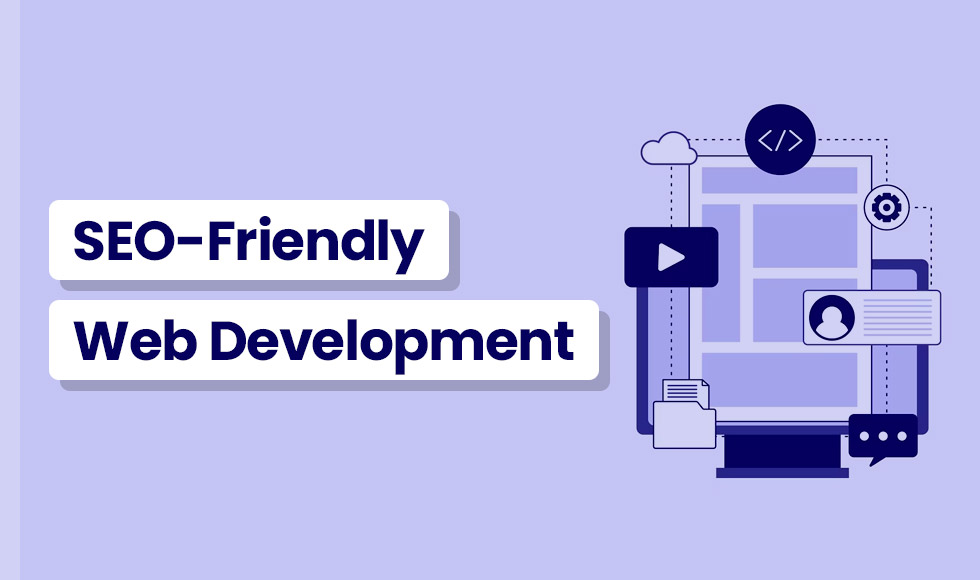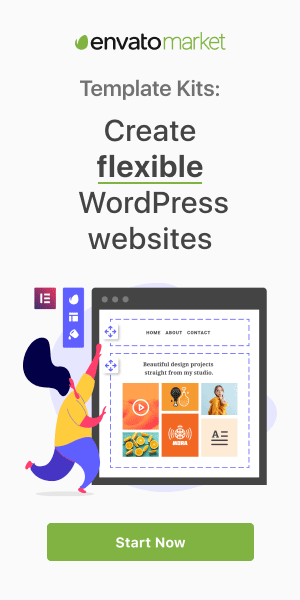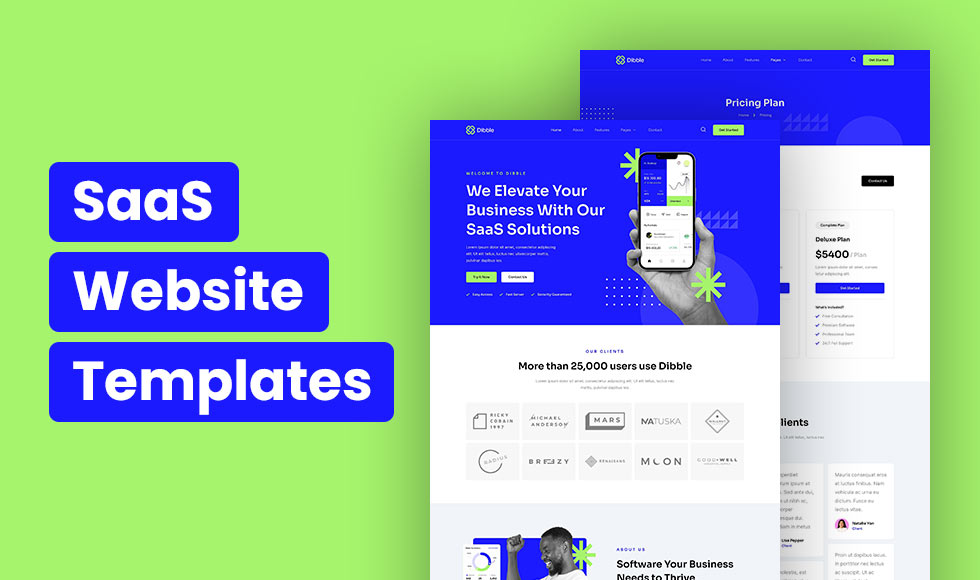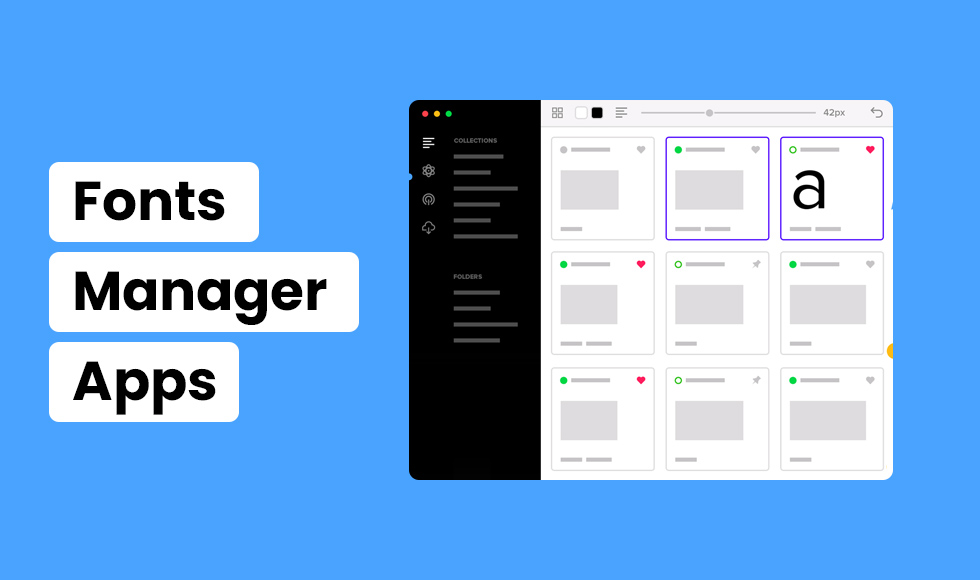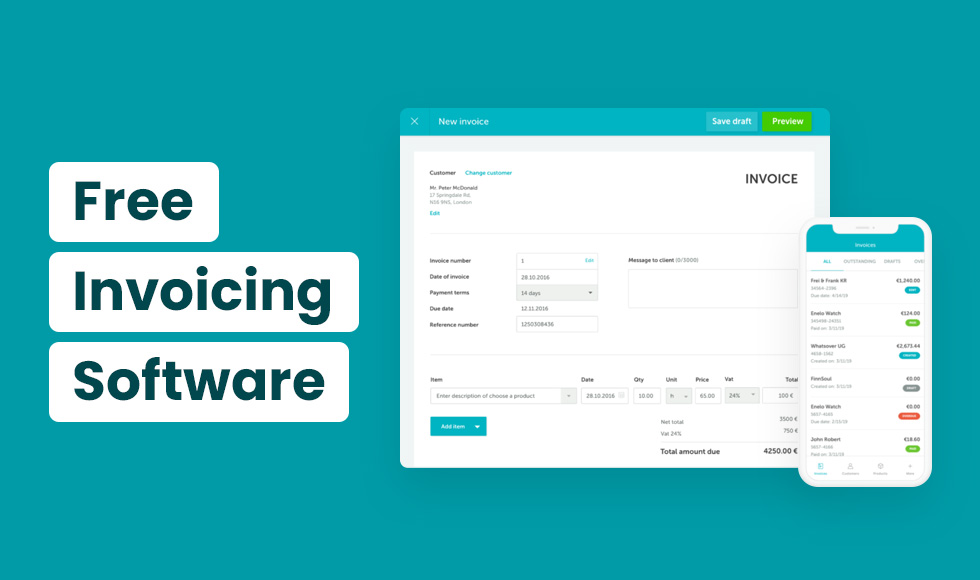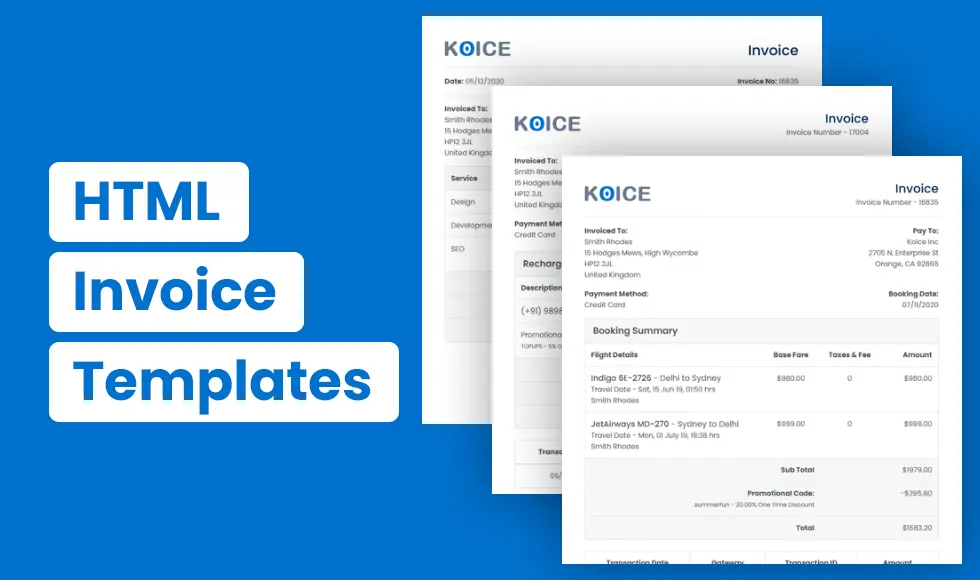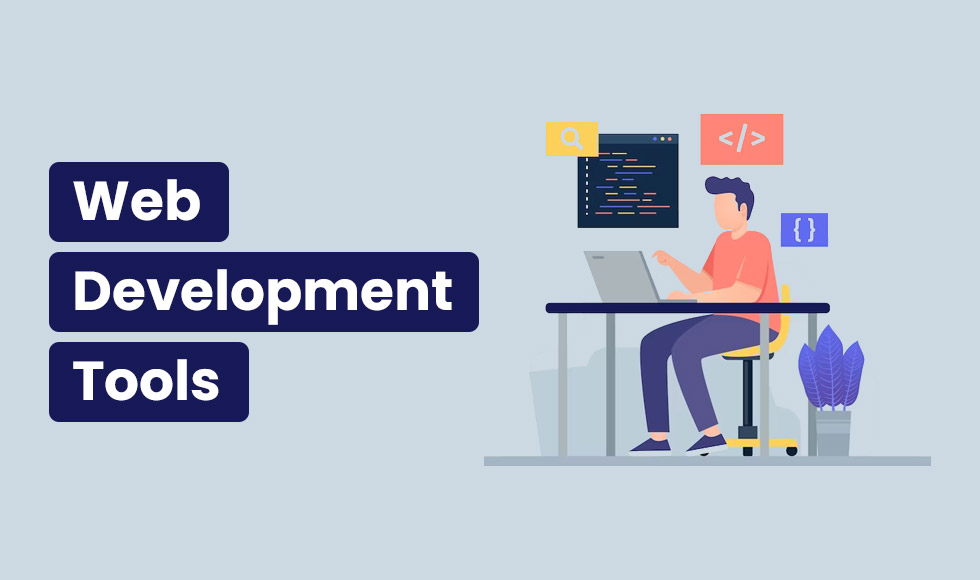Welcome to our comprehensive guide on SEO-friendly web development strategies for achieving higher search rankings. In today’s digital landscape, having an appealing and functional website is only half the battle. To truly succeed online, your website needs to be easily discoverable by search engines, ensuring that your target audience can find you amidst the sea of competing websites. This is where the synergy between custom website development, and SEO comes into play.
In this blog, we will delve into the fundamental principles that bridge the gap between web development and search engine optimization. Whether you’re a seasoned web developer looking to enhance your SEO skills or a business owner aiming to understand the nuances of website optimization, this guide will provide you with actionable insights and best practices to propel your website to the top of search engine results pages.
From understanding the technical underpinnings of SEO-friendly coding to optimizing site speed, mobile responsiveness, and user experience, we’ll cover a wide array of strategies that can significantly impact your website’s search engine visibility. Join us as we uncover the art and science of creating websites that not only captivate visitors but also rank high in search engine rankings. Let’s embark on this journey to empower your web development projects with the prowess of SEO, ultimately driving more organic traffic, engagement, and success.
The Role of SEO in Modern Web Development
In the ever-evolving landscape of online business, a well-designed website is just the first step toward success. SEO (Search Engine Optimization) plays a pivotal role in modern web development by ensuring your website is not only visually appealing but also highly visible to search engines and users alike. SEO-friendly web development involves crafting a website with techniques that enhance its visibility in search engine results pages (SERPs), thus driving organic traffic and increasing brand exposure.
Strategic SEO begins right at the core of web development, influencing decisions related to website structure, coding practices, content creation, and more. By understanding how SEO complements the technical aspects of web development, you can create a digital presence that not only looks great but also ranks well.
Understanding On-Page SEO Factors for SEO-Friendly Web Development
On-page SEO factors encompass the elements that directly influence how search engines perceive and rank your website’s individual pages. These factors include optimizing meta titles, meta descriptions, headings (H1, H2, etc.), URL structures, and the strategic use of keywords throughout your content. Effective on-page SEO involves not only incorporating relevant keywords but also maintaining a user-friendly, engaging experience for visitors.
When weaving on-page SEO into your web development process, consider striking the right balance between keyword optimization and natural language. Engaging content that provides value to users while aligning with search engine algorithms is key to achieving higher search rankings.
Optimizing Website Structure and Navigation for SEO
A well-organized website structure and intuitive navigation are essential for both users and search engines. A clear hierarchy, logical categorization, and easy-to-follow navigation contribute to a seamless user experience, encouraging longer visits and lower bounce rates. From an SEO perspective, a well-structured website ensures that search engine crawlers can efficiently index your content, improving its chances of being displayed in relevant search queries.
When developing your website, focus on creating a hierarchy of categories and subcategories that reflects your content’s organization. Implement breadcrumb navigation, optimize internal linking, and create XML sitemaps to enhance search engine crawlers’ ability to navigate and understand your site.
Mobile Responsiveness: A Crucial Element for SEO Success
Mobile devices have become the primary means of internet access for many users, prompting search engines to prioritize mobile-friendly websites in their rankings. Mobile responsiveness, the practice of designing and developing websites to adapt seamlessly to various screen sizes, is not only a user-centric feature but also a crucial SEO consideration.
Developing a mobile-responsive website involves using fluid layouts, scalable images, and CSS media queries to ensure that your site looks and functions impeccably on smartphones, tablets, and desktops. Google’s mobile-first indexing further emphasizes the importance of mobile responsiveness in achieving higher search rankings.
Site Speed Optimization: Coding and Beyond
Page loading speed significantly impacts user experience and search engine rankings. Slow-loading pages lead to higher bounce rates and decreased user engagement, which can adversely affect your website’s SEO performance. Site speed optimization involves a combination of coding best practices and utilizing tools to minimize load times.
Efficient coding techniques, such as minimizing HTTP requests, optimizing images, and leveraging browser caching, can drastically improve your website’s loading speed. Additionally, content delivery networks (CDNs), compression methods, and efficient server hosting contribute to a faster and smoother user experience, positively influencing SEO rankings.
Integrating Keywords Seamlessly into Web Development
Keywords are the foundation of search engine optimization, and integrating them seamlessly into your web development process is essential for higher search rankings. Researching relevant keywords that align with your content and audience is the first step. Then, strategically incorporating these keywords into meta tags, headings, body content, and alt attributes of images enhances the overall SEO of your website.
However, it’s important to avoid keyword stuffing, which can lead to penalties from search engines. Instead, focus on creating valuable, informative content that naturally incorporates keywords in a way that resonates with both users and search engine algorithms.
The Power of High-Quality Backlinks in SEO-Driven Development
Backlinks, also known as inbound links, are links from other websites that point to your site. They are a crucial off-page SEO factor and signal to search engines that your content is valuable and authoritative. When embarking on a web development journey, fostering a backlink-building strategy can significantly impact your SEO success.
High-quality backlinks from reputable and relevant websites can improve your site’s authority, leading to higher search rankings. Focus on creating exceptional, shareable content that naturally attracts backlinks, and consider outreach to influencers, industry blogs, and other authoritative sources to build a network of credible references to your site.
User Experience (UX) and Its Impact on SEO and Web Design
User experience (UX) encompasses the overall satisfaction and ease of use that visitors experience on your website. A positive UX not only keeps users engaged but also indirectly affects your SEO rankings. Search engines, like Google, consider user engagement metrics, such as bounce rate, time on site, and click-through rates, as indicators of content quality and relevance.
UX-focused web development involves designing intuitive interfaces, clear calls-to-action, and minimizing distractions. Prioritizing a seamless, enjoyable experience for users can lead to longer visits, more pages viewed, and ultimately improved SEO performance.
Technical SEO: Markup, Schema, and Rich Snippets
Technical SEO involves optimizing the technical aspects of your website to improve its search engine visibility. This includes implementing structured data markup, such as schema.org, which provides search engines with context about your content. Structured data enables rich snippets, which enhance your search listings with additional information like star ratings, reviews, and event details.
Integrating structured data markup into your web development process allows search engines to better understand your content, potentially leading to enhanced click-through rates and improved search rankings.
Measuring and Analyzing SEO Performance in Web Development
A successful web development journey is incomplete without tracking and analyzing the results of your SEO efforts. Utilizing tools like Google Analytics and Google Search Console helps you monitor your website’s performance, identify areas of improvement, and adapt your strategies accordingly.
Regularly reviewing key metrics such as organic traffic, keyword rankings, click-through rates, and conversion rates provides valuable insights into the effectiveness of your SEO-driven web development. Adjustments and optimizations based on data-driven insights will contribute to sustained growth in search engine rankings and overall online success.
Conclusion
In the dynamic landscape of digital business, the fusion of SEO-friendly web development and search engine optimization emerges as a compelling force that propels websites to new heights of success. As we conclude this comprehensive guide, we’ve journeyed through the intricate interplay between web development and SEO, uncovering strategies that harmonize technical prowess with digital visibility.
From understanding the pivotal role of SEO in modern web development to optimizing every facet of your website for search engine prominence, the importance of this synergy cannot be overstated. Each aspect we’ve explored, from on-page SEO factors and website structure to mobile responsiveness and site speed optimization, contributes to a seamless user experience while elevating your search engine rankings.
The seamless integration of keywords, the strategic pursuit of backlinks, and the emphasis on user experience all merge to define a powerful approach to crafting websites that resonate with both audiences and search algorithms. By mastering the art of technical SEO, incorporating structured data, and keeping a vigilant eye on performance metrics, you empower your website to thrive in an ever-competitive digital realm.
Remember, SEO-friendly web development isn’t just about aesthetics or functionality; it’s about creating an immersive digital environment that captivates visitors and speaks the language of search engines. As you embark on your web development journey, armed with the knowledge and insights from this guide, the path to higher search rankings becomes clearer, and the potential for online success becomes limitless.
Thank you for joining us on this exploration of SEO-driven web development. By applying these strategies and embracing the evolving nature of the digital landscape, you’re equipped to create websites that stand out, rank high, and make a lasting impact in the realm of search engines and beyond.

